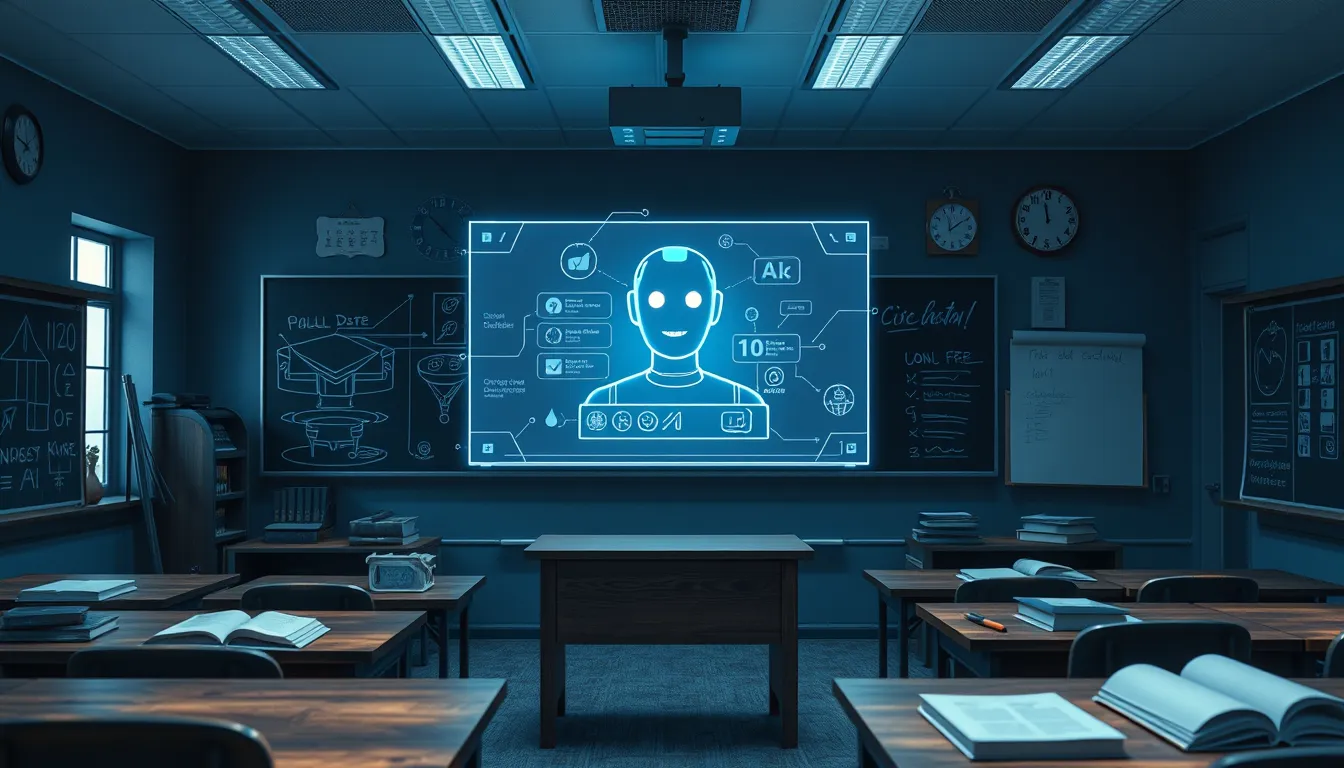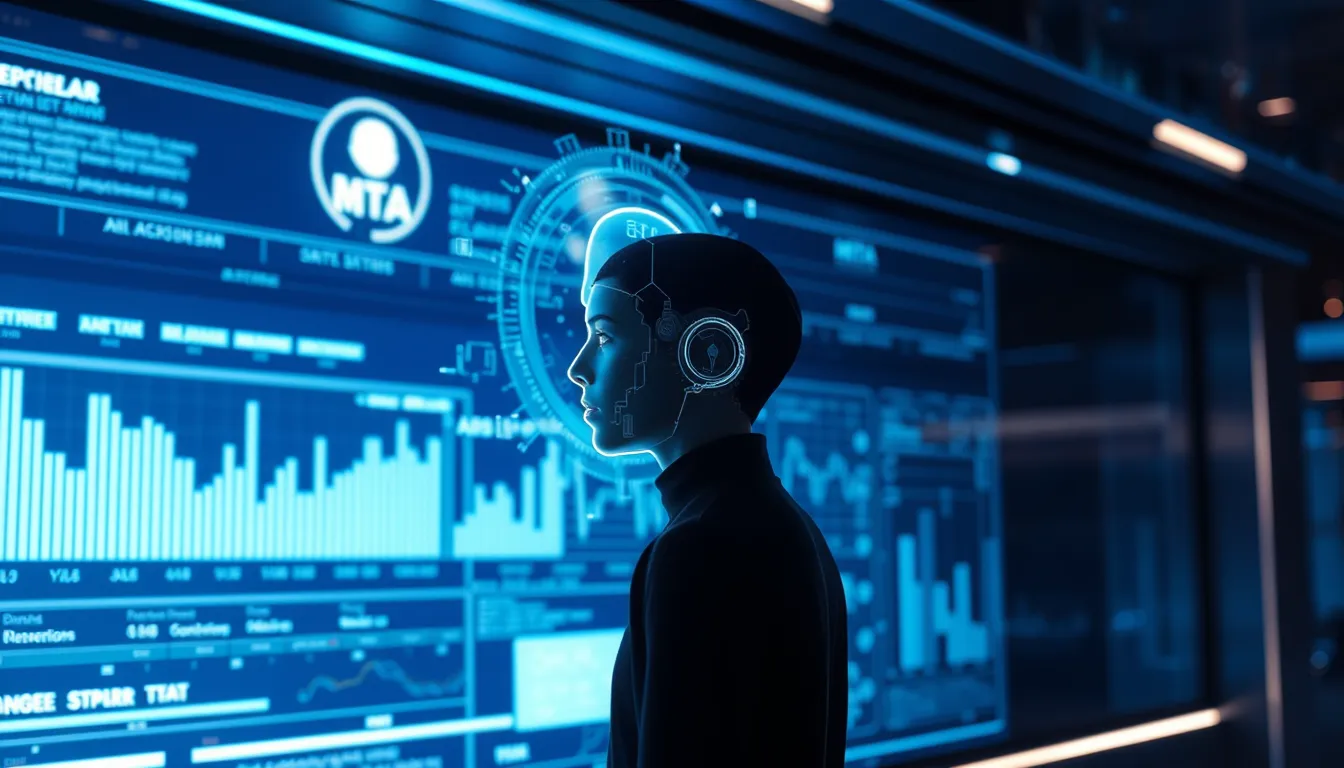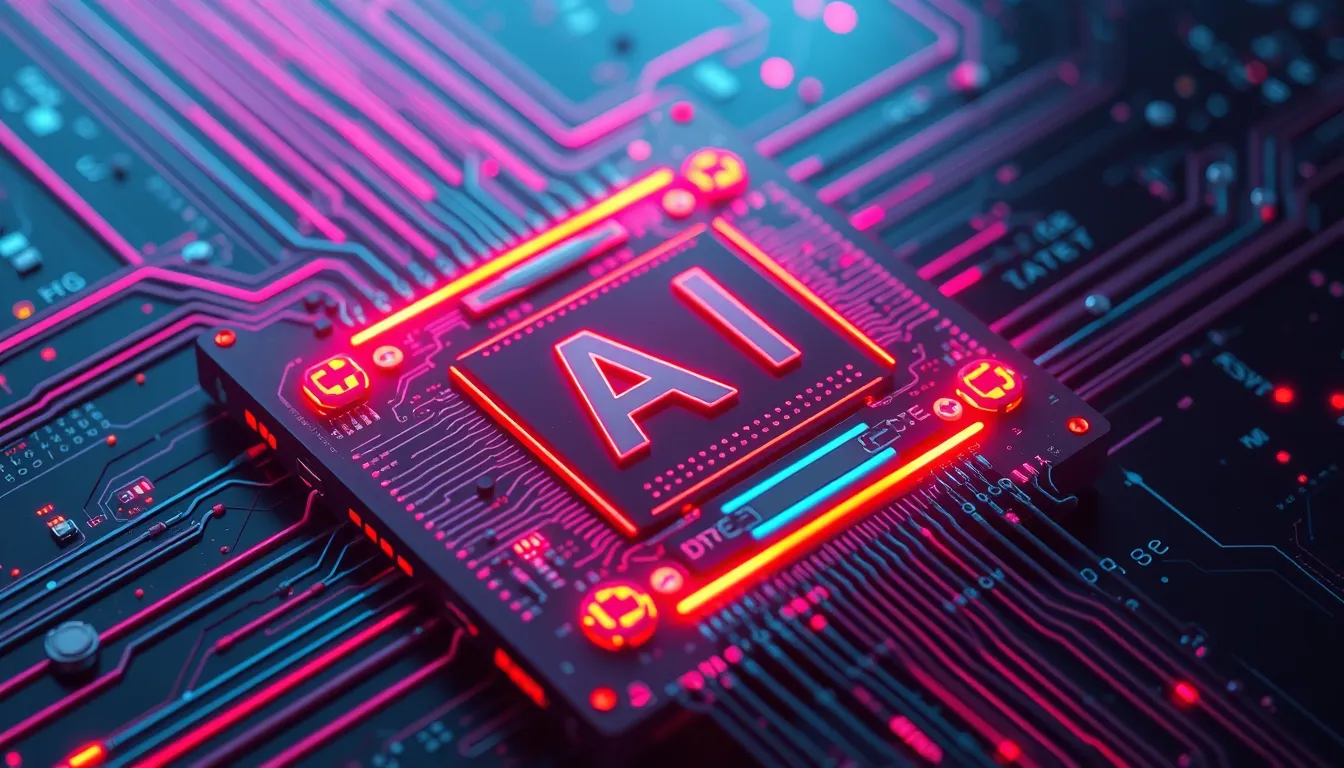Now Reading: Powerful AI in Healthcare Diagnostics: Boosting Patient Care
-
01
Powerful AI in Healthcare Diagnostics: Boosting Patient Care
Powerful AI in Healthcare Diagnostics: Boosting Patient Care

Powerful AI in Healthcare Diagnostics: Boosting Patient Care
Introduction
Artificial Intelligence (AI) is transforming the healthcare industry, especially in the realm of diagnostics. With advancements in AI in healthcare diagnostics, medical professionals are achieving unprecedented accuracy in detecting diseases and managing patient outcomes. This article explores how AI is revolutionizing medical imaging, disease prediction, and overall diagnostic procedures, offering a promising future for healthcare.
The Impact of AI in Healthcare Diagnostics
AI in healthcare diagnostics leverages complex algorithms to analyze vast amounts of data from medical images, patient histories, and genetic information. This innovative technology enhances the speed and accuracy of diagnostic processes. Here are some key benefits:
- Improved Diagnostic Accuracy: AI tools quickly identify patterns in medical imaging that human eyes might overlook.
- Faster Results: Automated processes significantly reduce the time taken to reach a diagnosis.
- Enhanced Patient Care: Early and accurate diagnosis leads to timely treatment, improving patient outcomes.
- Cost Efficiency: Streamlined processes reduce operational costs in healthcare facilities.
How AI Improves Diagnostic Accuracy
One of the central themes in modern healthcare is understanding how AI improves diagnostic accuracy. AI in healthcare diagnostics plays a crucial role by using machine learning models that learn from previous cases to predict current health issues. For instance, AI-powered systems are trained on thousands of images to identify subtle anomalies in X-rays and MRIs.
Key components include:
- Data Analysis: AI systems process large datasets to differentiate between benign and malignant conditions.
- Pattern Recognition: These systems recognize specific patterns within medical images, thereby assisting radiologists.
- Continuous Learning: With each new case, AI models improve and adapt, increasing their diagnostic precision over time.
Integrating AI Medical Imaging
In addition to diagnostics, AI in medical imaging is becoming an invaluable tool in healthcare settings. By automating the analysis of scans, AI reduces human error and supports physicians in making informed decisions. The integration process involves:
- Digitized Image Analysis: Transitioning from analog to digital methods for precise imaging.
- Automated Reporting: AI systems generate detailed reports highlighting significant findings, which support further consultations.
- Collaborative Insights: Radiologists and AI systems work together to ensure comprehensive care.
Case Studies and Success Stories
Many healthcare institutions have already experienced the benefits of embracing AI in healthcare diagnostics. For example, some hospitals have reported a dramatic improvement in early cancer detection rates after integrating AI into their diagnostic workflows. Statistical data shows that AI-driven analysis can reduce diagnostic errors by up to 30% when compared to traditional methods.
An example of the impact can be seen in clinical trials where AI was used to analyze lung CT scans, leading to quicker and more accurate diagnoses of early-stage lung cancer. This not only saved time but also improved survival rates among patients.
The Role of AI Disease Prediction
Another critical aspect is AI disease prediction. By leveraging historical data and predictive analytics, AI predicts disease progression and potential outbreaks. This capability is vital for preventive medicine. With AI, healthcare providers are better equipped to plan and allocate resources during peak times of disease outbreaks.
- Early Warning Systems: Alerting health authorities about potential epidemic patterns.
- Resource Optimization: Ensuring medical facilities are prepared for surges in patient numbers.
- Tailored Treatment Plans: Facilitating personalized care by predicting individual patient responses.
Practical Considerations and Challenges
Despite many advantages, implementing AI in healthcare diagnostics comes with challenges. Integrating new technology into established systems requires significant investment and training. Data privacy is another critical concern; ensuring secure handling of patient information is paramount.
- Continuous Training: Regular upskilling of healthcare professionals ensures smooth adaptation to new technologies.
- Robust Data Security Protocols: Implementing stringent measures to protect patient data.
- Collaborative Innovation: Engaging technology partners, such as leading tech giants, to provide cutting-edge solutions. For instance, exploring innovations on the official website of OpenAI can offer additional insights.
Conclusion
The future of healthcare is being redefined by AI in healthcare diagnostics. Its influence spans improved diagnostic accuracy, enhanced medical imaging, and proactive disease prediction, leading to better patient care and operational efficiency. As technology evolves, AI is set to become an indispensable tool in the medical field.
In summary, adopting AI in diagnostics not only saves lives but also paves the way for a more efficient and streamlined healthcare system. The journey towards integrating AI is challenging but ultimately rewarding for both patients and healthcare providers. Embracing this technology now can lead to groundbreaking advancements in the near future.
For further insights, consider visiting reliable sources like the official websites of renowned technology innovators to stay updated on the latest AI trends in diagnostics.
References
- Official OpenAI Website
- Additional research and case studies from peer-reviewed journals

























